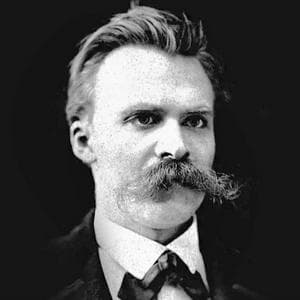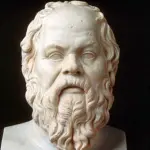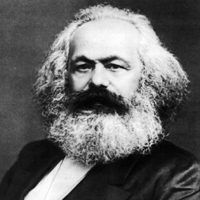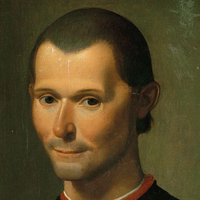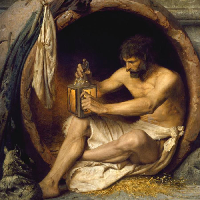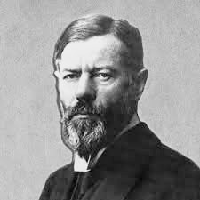Gilles Deleuze MBTI 성격 유형
인격
"Gilles Deleuze은 어떤 성격 유형입니까? Gilles Deleuze은 mbti의 INTP 성격 유형입니다. enneagram의 5w4 - so/sp - 548, big 5의 RCOAI, socionics의 LII입니다."
The rhizome (an organism with a lot of points connected among them that don't have hierarchy nor a specific goal) is the most Ne concept in western philosophy. It is not coincidence that Guattari has also most likely been a good user of this function. The philosophy of both Guattari and Deleuze, although it's logical, is characteristically rhizomatic, and more oriented to innovation than to the resolution of certain problems (unlike Marxism, Kantianism, Nietzscheism, falsificationism, empirism, etc): “Philosophy is the discipline that involves creating concepts” - Deleuze and Guattari (What Is Philosophy?, 1991) This is not a strong proof to argue his actual type, but a comment i liked to drop as a funny fact
전기
Gilles Deleuze (/dəˈluːz/; French: [ʒil dəløz]; 18 January 1925 – 4 November 1995) was a French philosopher who, from the early 1950s until his death in 1995, wrote on philosophy, literature, film, and fine art. An important part of Deleuze's oeuvre is devoted to the reading of other philosophers: the Stoics, Leibniz, Hume, Kant, Nietzsche, and Bergson, with particular influence derived from Spinoza. A. W. Moore, citing Bernard Williams's criteria for a great thinker, ranks Deleuze among the "greatest philosophers". Although he once characterized himself as a "pure metaphysician", his work has influenced a variety of disciplines across the humanities, including philosophy, art, and literary theory, including movements such as poststructualism and postmodernism. Deleuze stands alone because he defined philosophy as the creation of concepts and is notable for his non-traditional method of doing philosophy, challenging style of writing and remains detached from mainstream philosophy

